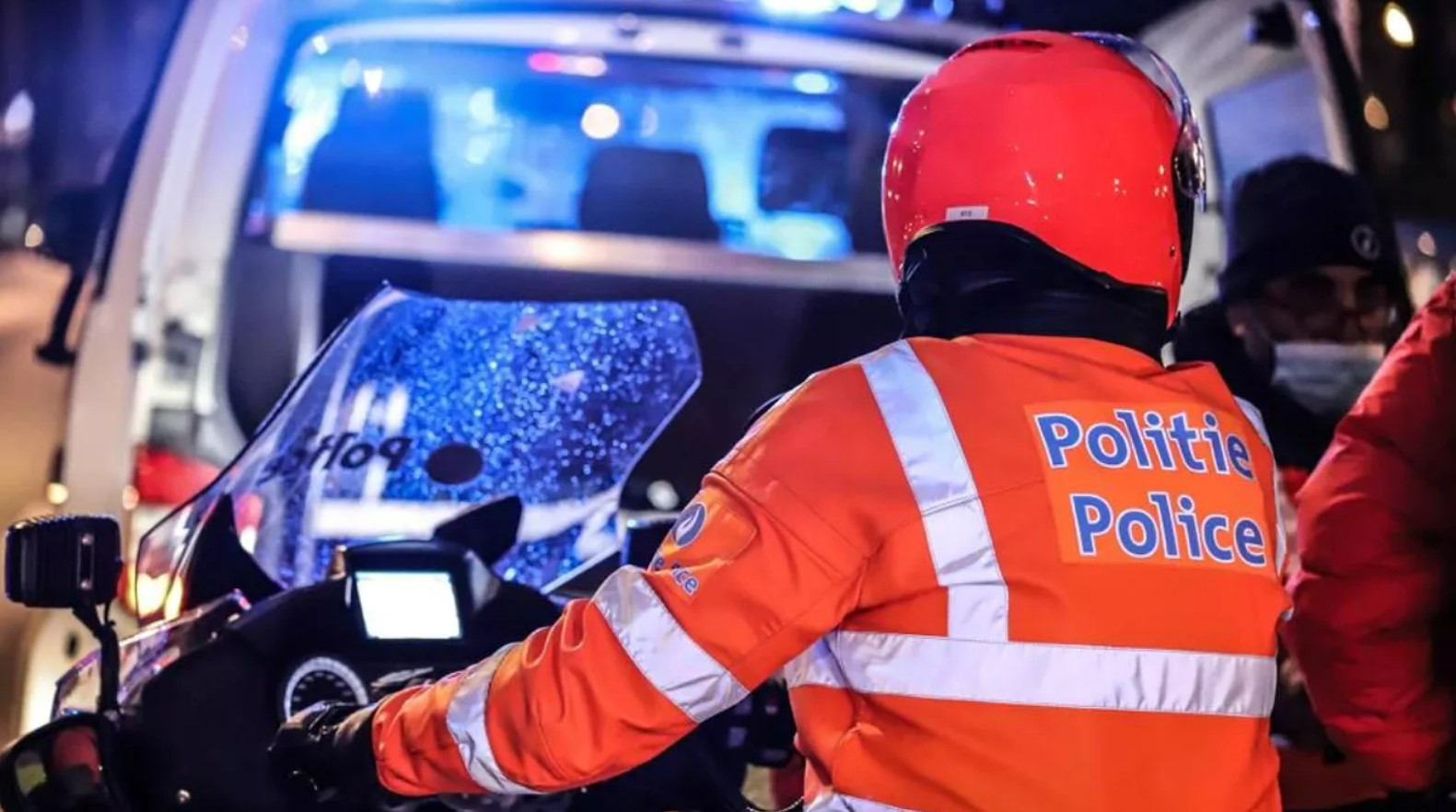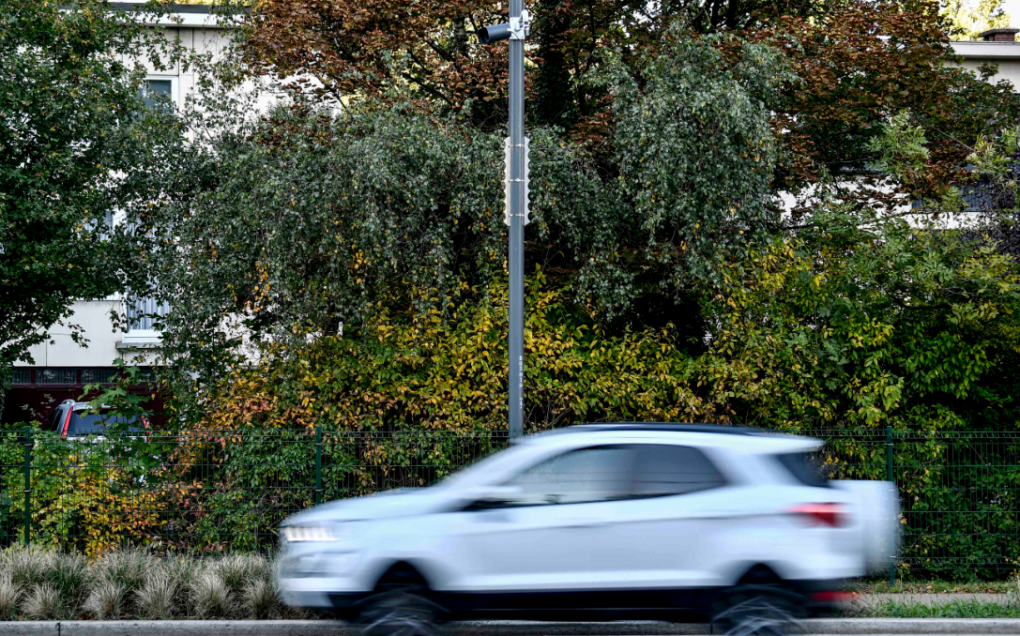Excessive speeding in Brussels, often referred to as "urban rodeos" is becoming an evergrowing phenomenon in the capital, despite increased efforts to combat this issue. On a daily basis, such driving not only poses a major nuisance but also a danger in terms of road safety.
"Rodeo driving" in Brussels is nothing new. Already in 2022, police observed an increase in such reckless behaviour by motorists in certain areas of the Capital Region.
"The region and the local authorities are indeed confronted with the harmful phenomenon of urban rodeos. This dangerous behaviour goes beyond the realm of road safety and is more akin to road crime," said Mobility Minister Elke Van den Brandt.
"In fact, awareness-raising campaigns, checks and changes to the infrastructure (bollards, speed bumps) do not seem to be enough to curb this phenomenon permanently." Despite the seriousness of the problem, a unified response from the region is still lacking, which has in the past been criticised.
Fragmented response
Due to the heterogeneous nature of the problem and what neighbourhoods are affected, various police zones have implemented their own measures, ranging from partial closure of speeding "hotspots" to vehicle checks and seizures.
Police zones can – with the help of the mayor who intervenes to prevent the public from being put at risk – seize vehicles for administrative purposes for a period of four days. Figures from three of the region's six police zones showed a sharp rise in administrative seizures since last year.
In the Brussels Ixelles police zone, the number of seizures more than quadrupled between 2022 and 2023, from 12 in 2022 to 53 in the first half of 2023 alone. The Montgomery police zone reported that it is not faced with the problem of urban rodeos, while the Brussels-West police zone seized 38 cars for this purpose in 2022 and 9 in the first half of this year.

Credit: Belga
However, the impact of this measure is limited as the car is automatically returned to its owner after four days, and while the offender has to cover the towing and storage costs, no administrative fine can be imposed as part of this process. Only an official report can be drawn up following a breach of the Highway Code, according to Van den Brandt.
A car can also be seized several days later on the basis of images or witness statements, but only by the police zone in which the driver is based.
Meanwhile, the Brussels North police zone is making the public aware of the need to contact the dispatching centre directly when witnessing a person who is excessively speeding, so that it can monitor camera activity and intercept offenders as quickly as possible.
Other local solutions such as the use of speed cameras in problematic areas do reduce the problem, but again, this is not yet rolled out on a larger scale due to a lack of cooperation. There are also fears that this could lead to the phenomenon moving to other places.
Complex issue
Brussels MP Bianca Debaets, who requested the seizure figures, stressed that it is "essential to step up the fight against this scourge."
She stressed that it is causing serious road safety problems and unbearable noise pollution for local residents in the evening and at night. Brussels is not the Spa-Francorchamps circuit," she concluded.
Van den Brandt responded that the fight against rodeos is often complex, as it is difficult to establish when the offender is caught in the act and increased roadside checks are quickly publicised on social networks.
Related News
- Harder to trick: New alcohol check procedure to increase chance of being caught
- Brussels Ixelles police cracks down on 'rodeo drivers'
- Legal loophole sees many company cars evade speeding fines
Speed management therefore requires a set of mutually reinforcing measures to reduce and prevent inappropriate speed, she said. In-depth work is being carried out to identify the most effective actions and implement a clearly coordinated overall approach, while discussions will also be held as part of the Interfederal Action Plan regarding new sanctions such as a points-based driving licence and permanent confiscation of the vehicle used for dangerous behaviour.
The region is looking into adopting a framework to allow Brussels Mobility to support the police in identifying problematic behaviour and working together to find the best means of coordinated action to put a stop to it. However, the hiring process of people to fill these stakeholder roles has repeatedly been pushed back due to a lack of appropriate candidates.

